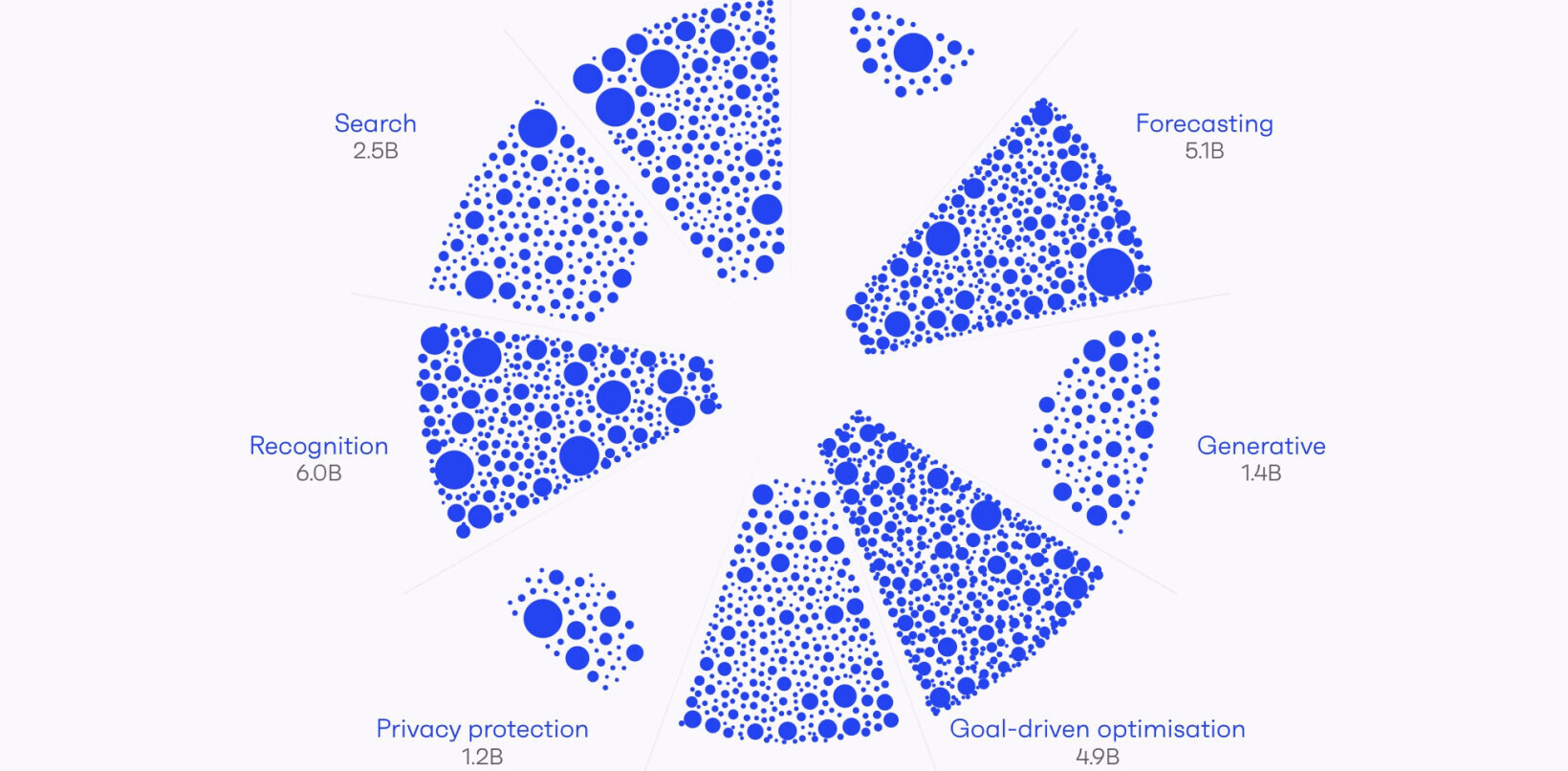
A UK student has won a High Court order to prevent explicit sexual photos of her being shared online, after her mobile phone went missing.
The images of her with her boyfriend were circulated around the Web after her phone was either lost or stolen, and she was subsequently contacted by someone who threatened to tell her friends about the photos, whilst allegations of blackmail being leveled at her father were also made.
As the Telegraph reports, the images were uploaded to file-sharing websites and were associated with her name. Despite the photos being taken offline in June 2008, the images were placed on a Swedish file-sharing website and soon hit the top of the search results for her name, which led her to head to the courts to try and prevent the intimate photos from being uploaded or downloaded through targeting BitTorrent users, using anti-harassment human rights legislation as her defence.
Moreover, the student also won an injunction that gave her the kind of anonymity usually afforded to public figures who try to prevent having their private lives reported in the media.
The young woman’s battle started three years ago, and the orders were finally granted by Mr Justice Ramsey in the Technology and Construction Court last month. The judge said:
“I consider that non-disclosure of the identity of the Claimant is therefore necessary to protect the interests of that Claimant. In such circumstances on the basis of the matters set out in the evidence and pleading I consider that this is an appropriate case for the court to grant relief both in relation to a breach of the Claimant’s right to privacy and also a breach of the provisions of the Protection from Harassment Act 1997. This is a case where the Claimant is entitled to an interim injunction to prevent the distribution of the digital photographic images, either by conventional downloading from a site or by downloading by the use of the BitTorrent Protocol.”
With peer-to-peer BitTorrent websites, it’s much harder to prevent sharing than if they’re hosted on a single website such as Facebook, because the files are constantly being shared between users and aren’t hosted on a single server. However, it is possible to identify the IP address of individuals making the file available, and thus get their contact details through their ISP. The more people that were ordered to stop sharing the files, the less the offending material would be available.
Experts have said that everyone in the EU could potentially be bound by the order, and it suggests that content disseminated via BitTorrent could be regulated after all. It isn’t an easy task though, which is why ISPs are now the focus of many court orders.
Just today, we reported that two Dutch ISPs had been ordered to block access to The Pirate Bay, and these moves echo similar action in the UK, where both BT and Sky were ordered to block access to Newzbin 2, a site used to disseminate links to copyright-infringing content.
Get the TNW newsletter
Get the most important tech news in your inbox each week.




